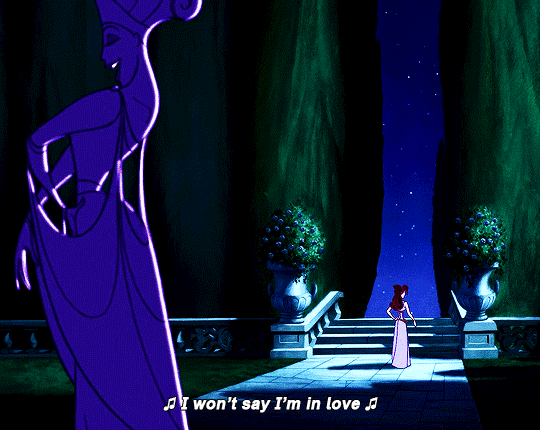Text
This story first appeared in Signal, Meduza’s Russian-language newsletter on the rhetoric of Putinism. The translation below appeared in The Beet, a weekly email dispatch from Meduza covering Central and Eastern Europe, the Caucasus, and Central Asia. Sign up here to get the next issue of The Beet delivered directly to your inbox.
Hello, and welcome back to The Beet!
Almost exactly one month ago, a group of gunmen attacked the Crocus City Hall concert venue on the outskirts of Moscow, killing and injuring hundreds of people. A
On the evening of March 22, terrorists attacked Crocus City Hall, a concert venue outside of Moscow where a crowd of spectators was waiting to see a performance by the Russian band Piknik. Several men armed with machine guns entered the venue, opened fire on the crowd, set fire to the building, and then fled. The attack killed 144 people and injured more than 500 others. As of this writing, dozens of concertgoers are still considered missing.
Almost immediately, unconfirmed reports emerged, including in the Western press, that an ISIS offshoot had taken responsibility for the events at Crocus City Hall. By midday on March 23, the ISIS-affiliated news outlet Amaq was reporting that Islamic State militants “had carried out a coordinated attack on a large crowd of Christians.” Then, news broke that the FSB had made a number of arrests in connection with the attack, and that at least some of the apprehended suspects were citizens of Tajikistan.
Nearly 24 hours after the tragedy, Vladimir Putin addressed the Russian people. He declared March 24 a day of national mourning and promised that all those responsible for the terrorist attack would be punished.
That phrase, “terrorist attack” — terakt in Russian — was once a central element of Putin’s rhetoric. Now, after more than a decade on the sidelines, it has reemerged in Russian politics, displacing the out-of-favor (and banned in the context of Russia’s ongoing invasion of Ukraine) word “war.”
Who is to blame?
The FSB has arrested — and in some cases, tortured — around a dozen suspects in connection with the March 22 attack, but the identities of its architects are still unknown.
Amid an emerging global consensus that the attack on Crocus City Hall was the work of ISIS-K, or the Islamic State-Khorasan, which operates primarily in Pakistan and Afghanistan, the Russian public seems inclined to believe otherwise. Judging by the tenor of Russian social media discourse, at least, a few other narratives are gaining more traction.
The first alternative theory points the finger at Ukraine. Margarita Simonyan, editor-in-chief of the state-controlled media network RT, called reports linking the attack to ISIS “fake,” strongly suggesting in social media posts that Ukraine organized the attack with help from the “collective West.” The so-called Z-patriot war bloggers are unanimously critical of the Russian security forces’ impotence but haven’t reached a consensus on whether they believe Western intelligence or Kyiv orchestrated the attack. Deputy Security Council Chairman Dmitry Medvedev was especially quick to blame the “Kyiv regime.” Putin also referenced “preliminary information” about Ukraine’s role in the attack.
Then there are the Kremlin opponents who believe that Russian authorities engineered the attack. They support this idea with a conspiracy theory from the late 1990s, which holds that a series of apartment bombings in Moscow during that period was an inside job. This particular theory seems to be gaining popularity — on the day of the Crocus attack, there were over 200 times more hits, compared to the previous baseline, for the Wikipedia page about the Moscow apartment blasts. The anti-Putin opposition also believes the attack will be a pretext for Russian authorities to “tighten the screws” and announce a second wave of mobilization following Putin’s recent “electoral victory.”
For now, there are more questions than answers surrounding the March 22 attack. But it does seem clear that a feeling united Russians that day, and it had little to do with the logistics of the attack. For more than a decade, the phrase “terrorist attack” meant one of two things for most Russians: something that happened far away to other people or a meaningless phrase in Federal Security Service reports about the latest successful operation thwarting an attempt to “destabilize the socio-political situation” in Russia.
There have been times in relatively recent Russian history when both terrorism and the expectation of the next attack were routine. Memories of those times seemed to be well buried. But after March 22, they suddenly burst to the surface, inflecting Russians’ perceptions of what happened that night at Crocus City Hall.
Pandemic, war, drone attacks, shelling in cities on the Russia–Ukraine border — none of these notably catastrophic events called up a remotely similar reaction. Crocus, like the town of Beslan, will forever be connected with terrorism in the minds of Russians. Many will never forget where they were and what they were doing when they first heard that men with machine guns had stormed the entertainment complex.
‘All of us’
The terrorist attack on Crocus City Hall wasn’t simply a mass shooting at a concert venue — it was also a reminder of all the other traumatic events in Russia’s relatively recent past. And collective traumas tend to unite, at least momentarily, even very fragmented and atomized societies, becoming part of civic identity.
In the weeks that followed, Russian society has fiercely debated the specifics of the attack: whether it could have been prevented, the adequacy and proportionality of authorities’ response, and who should be held responsible. At the same time, Russians quickly came to view Crocus City Hall as an attack on “all of us,” merging it with the collective memory of the terrorist attacks that became a crucial part of national identity in the 1990s and 2000s.
That period was a difficult and dangerous one for Russians, marked by the apartment bombings in Moscow and Volgodonsk in 1999; the bombing of Moscow’s Pushkin Square in 2000; the bombing of the Victory Day parade in Kaspiysk, Dagestan, in 2002; the Moscow theater hostage crisis in 2002; suicide bombings at the Krylya rock festival in Tushino, outside of Moscow, in 2003; an explosion on a commuter train in Stavropol Krai in 2003; a bombing on the Moscow metro in 2003; the Beslan school siege in 2004; bombings on the Moscow metro in 2010; a suicide bombing in Moscow’s Domodedovo Airport in 2011; and many other incidents.
People who experienced this difficult era remember the pervasive fear that came with it: the sense that you or your loved ones could be killed at any moment; the habit of avoiding large crowds; and finding comfort in superstitious behaviors, like always sitting on the fourth subway car because the last bombing happened on the second one.
That omnipresent fear was largely forgotten over the course of the last 10 years or so — and this is widely considered a great achievement for Russian society. But the feeling turned out to be lurking under the surface. Now, following the Crocus attack, a new generation of people, who don’t personally remember residential buildings blowing up in Moscow or suicide bombings at music festivals, will inherit the collective memory of living daily life in fear.
Making connections
Like “terakt,” the word “connections” has a specific set of connotations regarding security issues in Putin’s Russia. Following Crocus, pro-Putin media started referring to a possible “Ukraine connection.” To understand that phrase, it’s helpful to recall past “connections” Russia has made.
From 1994 to 1996, Russia was at war with the separatist Chechen Republic of Ichkeria, and by the mid-1990s, the phrase “Chechen connections” was already played out in public discourse. Authorities and media searched for “connections to Chechnya” in almost every high-profile murder or fraud case. During that period, it was not uncommon to hear government officials attribute any and every social problem to the “Chechen connection” or the “Islamic factor.” The tendency was so widespread that novelist Viktor Pelevin satirized it in the 1999 novel Generation P.
In the 2000s, when Russia was waging its second war on Chechen separatism and suffered a series of bloody terrorist attacks, “Chechnya” was usually the first and main explanation for unfortunate or tragic events — it was also often the correct explanation.
“Chechen connections” were subsequently found in high-profile cases like the murder of opposition politician Boris Nemtsov in 2015 and the arson attack on a local office of Russian human rights organization Memorial in Ingushetia in 2018 (the Putin administration forced Memorial to shut down in 2021). In the 2010s, however, the phrase took on a different meaning. In the 1990s and 2000s, vague “connections” to Chechnya were supposed to lead back to Chechen militants hiding out in the Caucasus mountains. More recently, it has come to mean the Chechen authorities — i.e. regional Governor Ramzan Kadyrov and his security forces. And though the phrase persists in the media, Russian officials no longer utter the words “connections to Chechnya.”
Similarly, after Georgia’s 2003 Rose Revolution, and especially following the 2008 Russia–Georgia War, Russian state media and authorities sought out “Georgian connections.” The ones they found were somewhat tenuous. After the Beslan school siege in 2004, then-Deputy Chairman of the State Duma Sergey Baburin and Foreign Minister Sergey Lavrov both hinted at possible links to Georgia. In 2010, Russian Security Council Secretary Nikolay Patrushev said that an investigation had uncovered “Georgian connections” in two bombings on the Moscow metro. (Chechen separatist militant leader Dokka Umarov, who was presumed to be residing in Georgian territory at that point, took responsibility for the attacks, which killed 41 people.) In 2012, Russian security forces and propagandists claimed that Givi Targamadze, a Georgian politician and leading figure in the Rose Revolution, had organized rioting at a Moscow protest.
From terrorist threat to moral panic
Vladimir Putin sees his chief task as Russian president as eliminating all real and imagined threats against his personal power and Russia itself. The Kremlin is always fighting off carefully labeled menaces: “Chechen terrorists,” “color revolutions,” “the Collective West,” “anti-Russia,” “U.S. hegemony,” “LGBT ideology,” and so on.
If the threats on that list seem increasingly abstract, it’s because the real threats to Putin’s presidency have dissipated (or, more accurately, been systematically eliminated), leading the Russian authorities to set their sights on potential future threats. And where they’ve failed to find potential threats, they’ve resorted to fabricating them. This process has had some unintended consequences: the constant search for threats inevitably leads to over-simplifications of politically complex issues, as well as to bizarre phobias — which explains how Russian politicians wound up asserting that Russia’s Armed Forces are waging war against gender-neutral toilets in Ukraine.
At times, the Kremlin’s perception of actual threats differs sharply from ordinary Russians’ perceptions. To try to bridge that gap, Russian authorities learned to incite moral panics during Putin’s third term as president, from 2012 to 2018. The government sought broad social support and, perhaps even more importantly, the appearance of support for its policies, by presenting Russia as the defender of “traditional values,” “the union between man and woman,” and other conservative social positions. In 2024, the supposed potential threat now comes from the “collective West” rather than somewhere deep in the Caucasus.
The political mechanism is simple: convince people that someone or something (the LGBTQ+ community, globalism, migrants — it doesn’t really matter who or what) threatens their safety and their way of life, and that the authorities are protecting them from that threat.
Politicians the world over propose urgent, decisive measures and see their popularity rise, their supporters rally around them, and their power to enact their own agendas grow. Examples abound: Hungarian Prime Minister Viktor Orban, Turkish President Recep Tayyip Erdoğan, Putin, and many others. The specific enemy in every moral panic is new, but the threat — the destruction of a common way of life — is always the same.
The moral panic mechanism is most effective in authoritarian regimes, like Putin’s Russia, where the authorities control the information space. But it’s not limited to autocracies — the right wing in the U.S. incited very successful moral panics about hippies in the 1970s and “gay culture” in the 1980s.
A transparent — but powerful — pretext
The attack on Crocus City Hall was a real — not imaginary or potential — threat to public security, but Ukraine is the subject of Russia’s current moral panic. The Russian authorities are seeking a “Ukrainian connection” in the Crocus events simply out of inertia — their current worldview leaves no room for any other enemy.
But no one — not Dmitry Medvedev, not Margarita Simonyan, and none of the pro-Kremlin war bloggers (with maybe an exception or two) — is really out to convince millions of Russian nationals that Ukraine organized the Crocus attack.
The main audience for “Ukraine connection” propaganda is Vladimir Putin himself. And, of course, he doesn’t need to be convinced of anything. What he requires is a demonstration that everyone — from the security forces and propagandists to the Russian people — is behind him and shares his fixation on Ukraine. As for everyone else, the public demonstration of belief in a “Ukraine connection” is a core part of Russia’s current patriotic credo. If you want to be considered a Russian patriot, you have to express certainty that Russian troops did nothing wrong in Bucha; that Russia didn’t shoot down Malaysia Airlines Flight 17; that Russians and Ukrainians are “one people”; that Moscow should capture Kyiv; and, now, that there’s no doubt about a “Ukraine connection” to the Crocus attack.
Supporting the “Ukraine connection” theory as confidently and loudly as possible amounts to a demonstration of loyalty to “our own” and hatred of the enemy against whom “we” have united. That’s why convincing evidence of Ukraine’s involvement is unnecessary and no counterargument is effective. No one is even asking how organizing the attack would benefit Ukraine — the country has long since been cast in the role of infernal evil.
Even public displays of grief for the victims of the Crocus attack have become demonstrations of loyalty. Public officials were reportedly instructed to lay flowers at memorials in the days after the attack — this kind of enforced public grieving is a first in Putin’s Russia. The private sector has undertaken analogous shows of solidarity, like writing off victims’ debts. The Crocus City Hall attack presents an ideal opportunity for public and private sector workers alike to show that they support “their own” because, in this case, they don’t have to identify with a war of aggression to do so.
What the Putin administration needs most is public buy-in for its war on Ukraine. Much of its current rhetoric — from complaints about the “collective West” to outlawing “LGBT propaganda” — has become part of a campaign to generate consent for a senseless invasion, just as the invasion itself is framed as the “logical” answer to those “threats.”
There is little evidence that the attack on Crocus City Hall was the work either of Kyiv or of Moscow itself. It seems likely, instead, to have its roots in other issues, like Russia’s colonial past, its involvement in wars in Chechnya and Syria, and its treatment of Muslim communities within its borders. But those who believe it was an inside job are right about one thing: the deadly tragedy has become a convenient way for the Kremlin to stir up fear and suspicion about Ukraine, while exploiting a difficult period in Russia’s recent past to rally people around its brutal present-day policies.
0 notes
Text
It’s a social movement, quintessentially romantic, the kind that recurs in times of real social crisis. The themes are always the same. A return to innocence. The invocation of an earlier authority and control. The mysteries of the blood. An itch for the transcendental, for purification. Right there you’ve got the ways that romanticism historically ends up in trouble, lends itself to authoritarianism. When the direction appears. How long do you think it’ll take for that to happen? is a question a San Francisco psychiatrist asked me.
-Joan Didion, “Life Styles in the Golden Land” from Slouching Towards Bethlehem
94 notes
·
View notes
Text
The irony of jokes about clueless “boomers” from Millennials and Gen Z is that we’re at a time where a lot of 60s counterculture elements, political, social and cultural and so on, are having this big resurgence among young people, just under slightly different paint. (We have different names for music that sounds suspiciously similar to 1960s psychedelic rock, for instance, LSD is big but now it’s specifically “microdosing” etc.) And while I think that we have improved on some of the most rancid parts of the 1960s version – like the greater emphasis on meaningful consent, on at least trying to shift focus away from the needs of middle-class white straight men – we still seem to make lots of “workarounds” for this that make it clear there’s a long way to go, like the idea that it’s somehow immoral to reject someone’s sexual advances if they have certain marginalization points over you. And every intra-left debate on Facebook is just recycled from the 1960s, which was recycled from the 1930s before it, which was recycled from the Progressive era… half the time they don’t even update the philosophers they cite!
What inspired this post is my thinking about the resurgence of this quasi-religious investment in astrology, another thing that was huge in the 60s and 70s… I have a book on it from then that reads like one of today’s astrology queers wrote it, just maybe without the mention of “Virgo/Gemini safe spaces.” And that’s a relatively harmless and goofy part of it, but it just feels like the latest drop in the bucket that the apple didn’t fall far from the tree here. And this is why you goofuses need to study history so you don’t repeat its mistakes.
I remember when I was a teenager and super into the sunnier version of 60s counterculture I’d been sold through rock magazines and the kinds of history books you get bought as a kid when you have lefty parents, wishing my generation was more like it because I was frustrated with how apolitical my peers were and how they liked the “wrong” type of music. Well, be careful what you wish for, 14-year-old Rose. The monkey’s paw definitely heard you.
110 notes
·
View notes
Text
I just want to get a new and better job, enact revenge and payback on those who deserve it, maybe fall in love, and definitely order chinese takeout more frequently.
7 notes
·
View notes
Photo

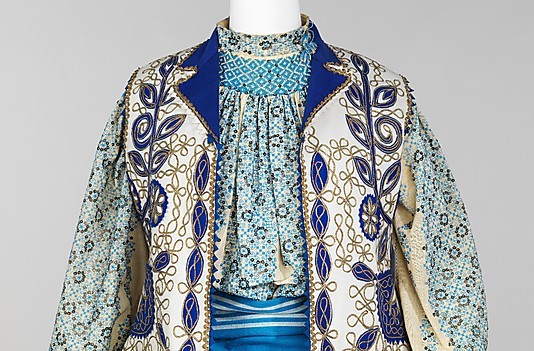
A Romanian folk costume dating from the late 19th century.
The embroidery on the shawl says Breaza, which is a town in central Romania.
3K notes
·
View notes
Text
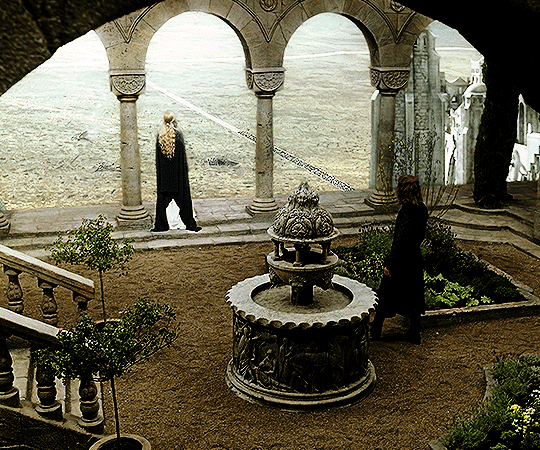




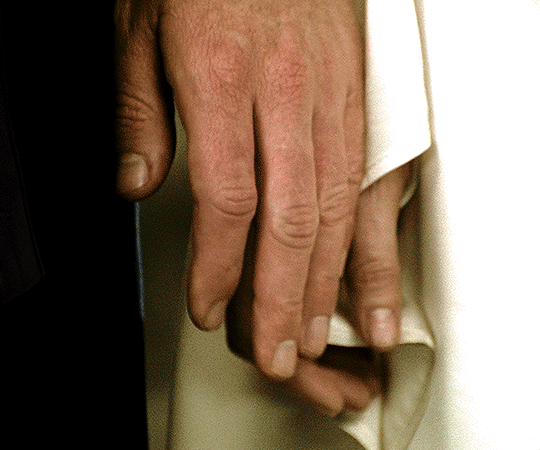

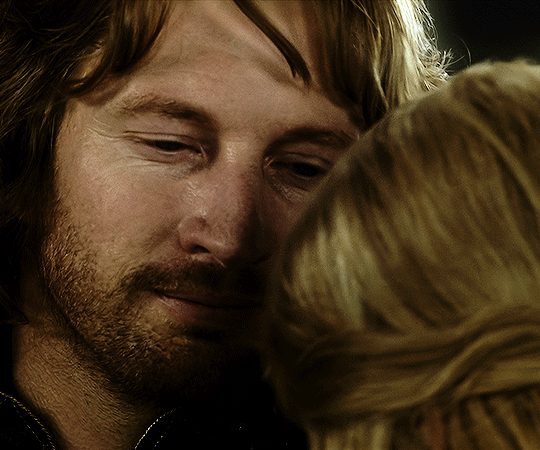

Miranda Otto as Éowyn and David Wenham as Faramir
THE LORD OF THE RINGS: THE RETURN OF THE KING
2003 | dir. Peter Jackson
446 notes
·
View notes
Text


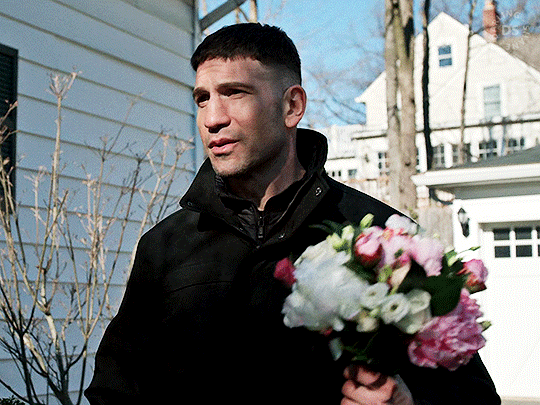
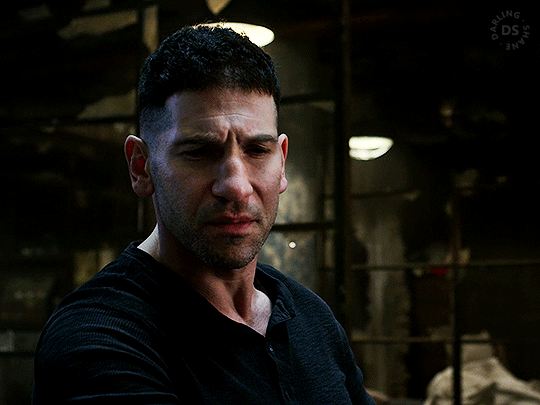

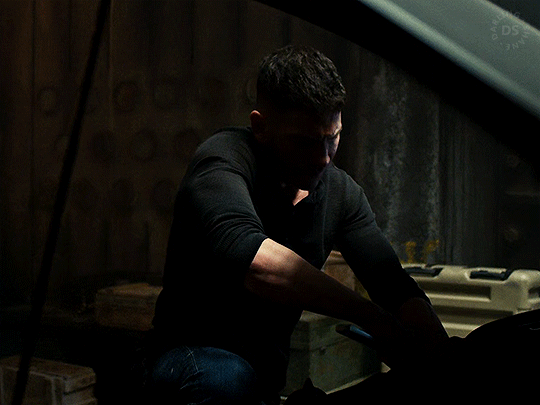
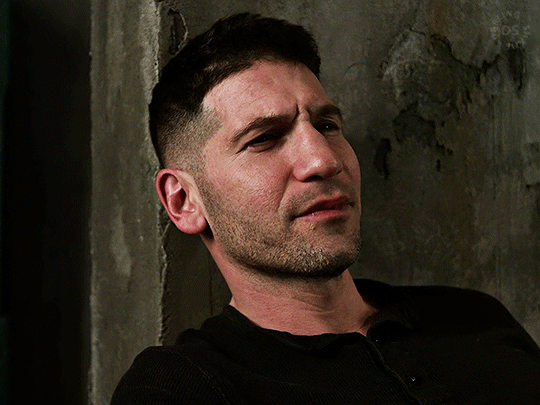
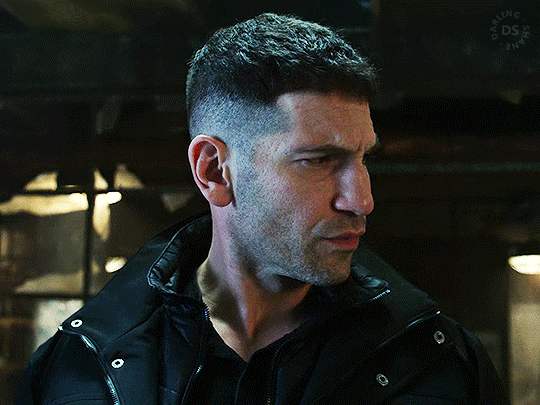

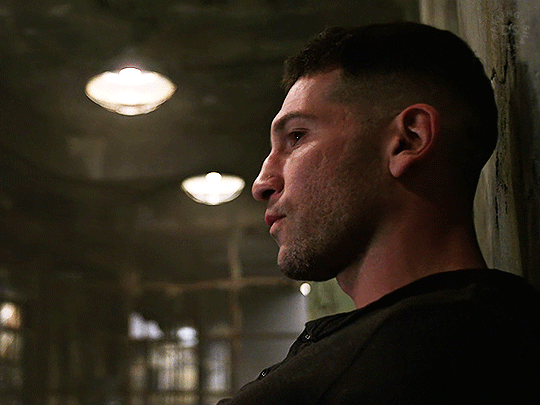
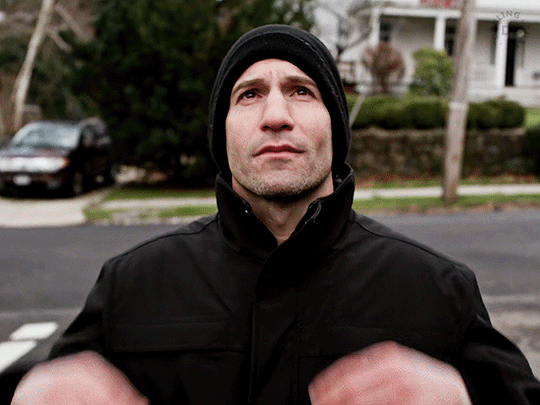
FRANK CASTLE IN EVERY EPISODE 💀
THE PUNISHER 1.08 - COLD STEEL
30 notes
·
View notes
Text
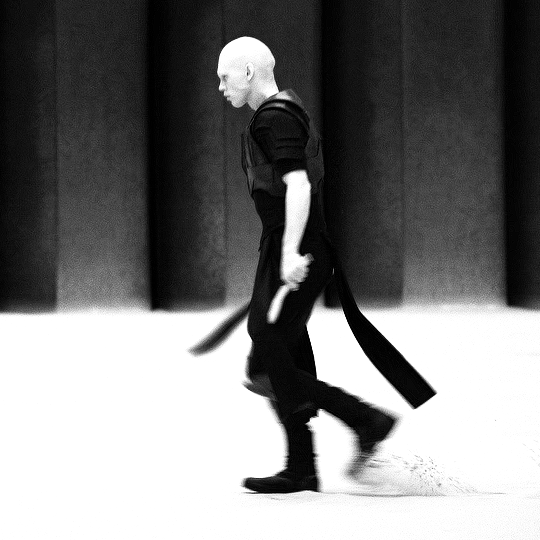
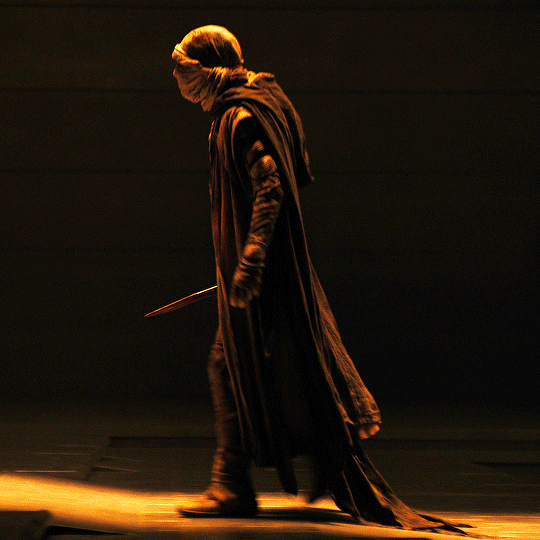
We’re Harkonnens. So this is how we’ll survive. By being Harkonnens.
475 notes
·
View notes
Text
BUCHAREST, Dec 30 (Reuters) - Romanian prosecutors said on Thursday they have detained divisive internet personality and former professional kickboxer Andrew Tate on suspicion of human trafficking, rape and forming an organised crime group.
Tate, banned from many social media platforms for misogynistic comments and hate speech, and his brother Tristan will be detained for 24 hours alongside two Romanian suspects, prosecutors from the anti organised-crime unit said in a statement after raiding their properties in Bucharest.
The Tate brothers have been under criminal investigation since April.
They declined to comment but their lawyer confirmed they had been detained.
"The four suspects ... appear to have created an organised crime group with the purpose of recruiting, housing and exploiting women by forcing them to create pornographic content meant to be seen on specialised websites for a cost," prosecutors said.
"They would have gained important sums of money."
Prosecutors said they had found six women who had been sexually exploited by the suspects.
Tate has said women are partially responsible for being raped and that they belong to men.
Earlier this week, the British national was told to get a life by climate activist Greta Thunberg on Twitter after he told her he owned 33 cars with "enormous emissions."
Regarding potential sentences:
"Articles 210 and 211 of the criminal code criminalized sex trafficking and labor trafficking and prescribed penalties of three to 10 years’ imprisonment for crimes involving an adult victim and five to 10 years’ imprisonment for those involving a child. These penalties were sufficiently stringent and, with respect to sex trafficking, commensurate with penalties prescribed for other serious crimes, such as rape. In 2021, the government enacted amendments to the criminal code that criminalized the acts of becoming aware of certain forms of trafficking and not immediately notifying the authorities. The amendments also eliminated the statute of limitations for trafficking crimes, thereby providing authorities with additional time to investigate and prosecute such crimes; previous amendments to the criminal code inadvertently shortened the statute of limitations for all child trafficking crimes committed and impeded authorities’ ability to prosecute cases. The new amendments addressed direct concerns from the Council of Europe and civil society that the length of court proceedings, often due to delays, were deliberate attempts by corrupt officials to reach the statute of limitations, which in some cases led to impunity for traffickers."
44 notes
·
View notes
Text
Romania has been heavily criticized for a while about how poorly it handles sex trafficking and gender-based violence crimes and cases, and this is the perfect opportunity for the government to at least show it's kind of taking things seriously.
4 notes
·
View notes
Text
personally speaking, if tate and his brother die in romanian prison, I won't be too sad
5 notes
·
View notes
Text
Serbia’s main opposition coalition has fallen apart because its members could not agree on whether to go to the polls in June – and the risk is that they will now win far fewer votes.
The opposition coalition Serbia Against Violence has effectively split up after it failed to make a unified decision on whether to participate in the local and Belgrade elections in June 2024.
Belgrade elections will be run on the same day as elections in 88 cities and municipalities, as well as in all Belgrade municipalities.
Part of the coalition, made up of six parties, established a new group “I choose to fight”, which will participate in all the elections in June.
But the other three parties decided not to participate in the Belgrade elections – and were joined by the right-wing opposition coalition Nada, which was not part of Serbia Against Violence.
However, the parties that decided to boycott the Belgrade elections will allow the committees of their parties to make an independent decision on whether to participate in the local elections in other municipalities.
0 notes






